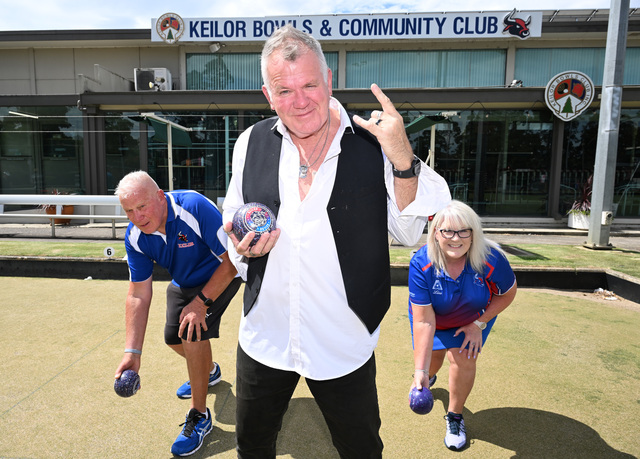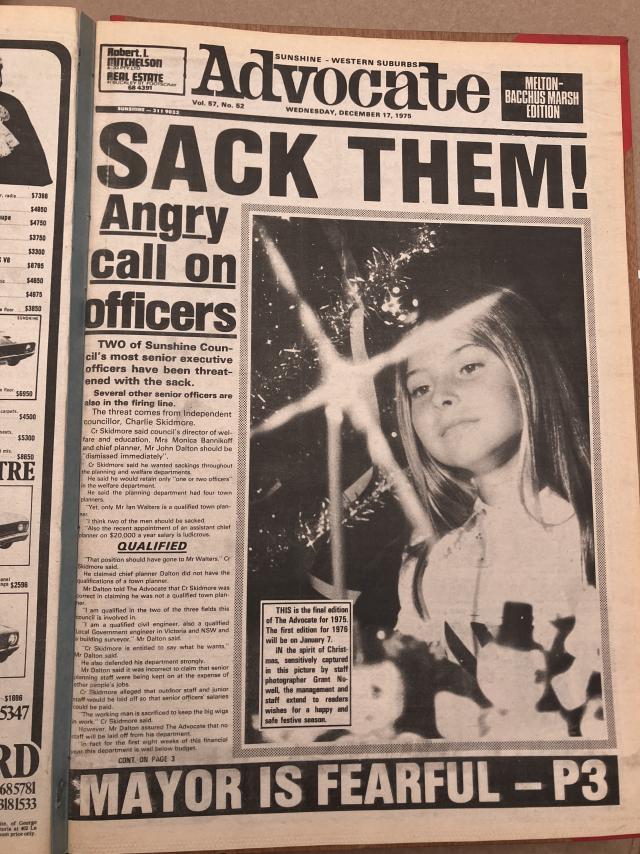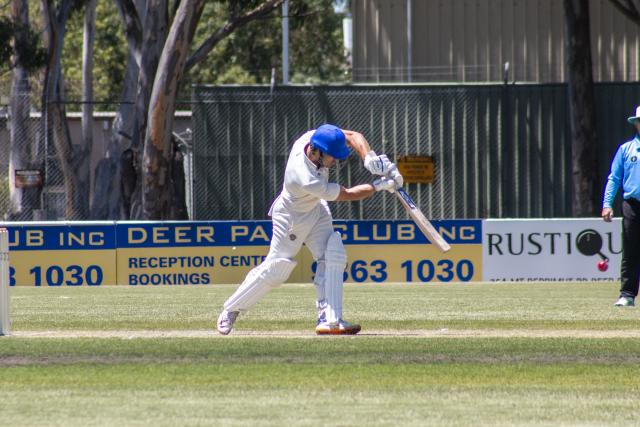Fines, debts and expensive mobile phone plans are the issues that most lead Brimbank’s young people into legal trouble, according to the Sunshine Youth Legal Centre.
The centre provides legal advice and support to people aged 15 to 25.
The service’s clinical legal supervisor, Nareeda Lewers, said young people getting numerous infringements and then struggling to keep up with paying them was a common scenario.
“This includes public transport fines, traffic fines and tollway fines,” she said.
“We work with disadvantaged youth, who are often dealing with homelessness, serious addiction or mental illness, so there’s a provision to apply to court to have fines reduced.
“Often they’ve accrued the fines as a result of one of these factors.
“For example, they might spend time on public transport because they’re homeless, which also means they can’t afford a Myki.”
Ms Lewers said the free centre could help young people to apply for a payment plan if there were no special circumstances surrounding their infringements.
“We also see a lot of minor-debt issues, where young people are signing up to mobile phone contracts they can’t afford and things just get out of hand.
“Another big one is young people living in share houses, where the bill is in one person’s name and another person refuses to pay.
“We help people negotiate with companies, seeking a way to resolve the issue in a way that’s feasible.”
The Sunshine Youth Legal Centre is run by youth service The Youth Junction, which also deals with heftier criminal matters through a Youth, Community and the Law Program. The program works with young offenders for three-month periods before they are sentenced, aiming to reduce risk factors and causes of reoffending behaviour.
The Sunshine and Werribee magistrates courts refer young people to the program,
which Sunshine court co-ordinating magistrate Norine Toohey says is about preventing recidivism.
“These programs aren’t just looking at someone who comes before a court with no prior criminal history,” she said.
“We’re dealing with young offenders who do have criminal histories, so other things haven’t worked.”






